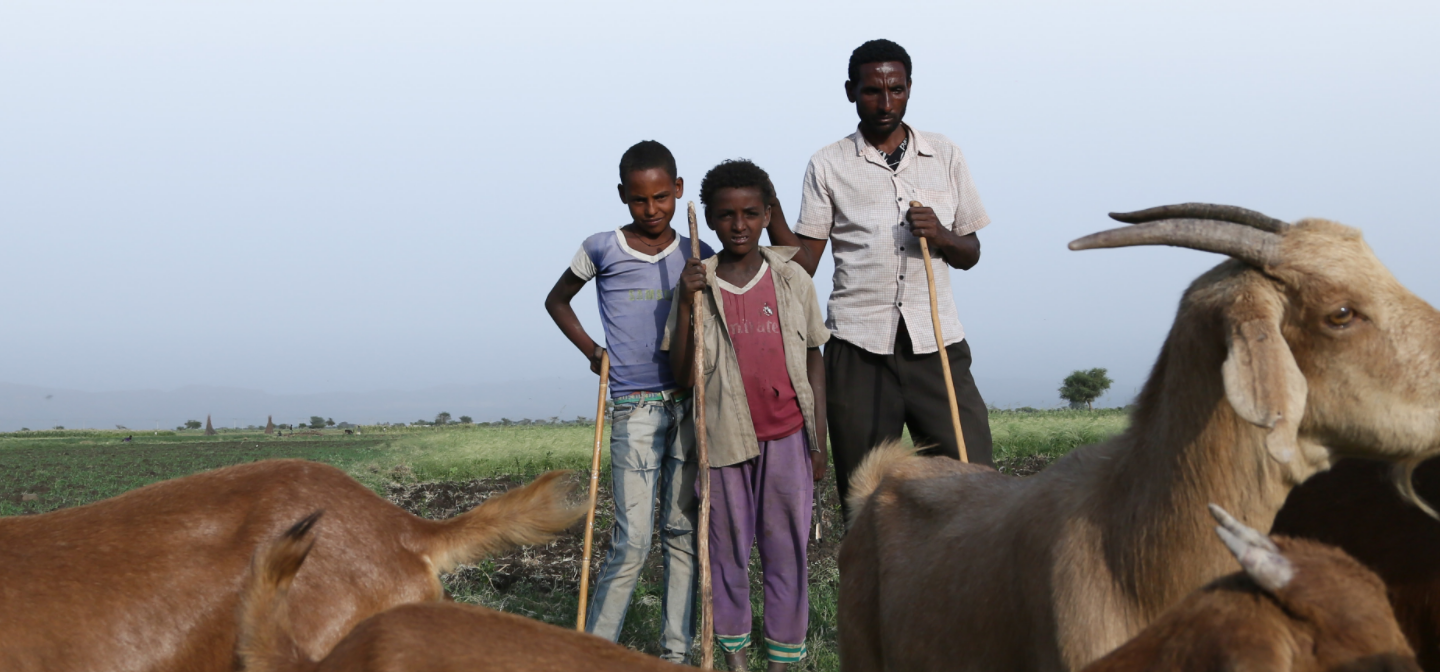- Current
- Overview
Agriculture and food systems face overlapping stresses and shocks that exacerbate global hunger and food insecurity and push more people into poverty.
The shock to these systems is particularly felt in low-income countries, especially for smallholder farmers who produce roughly a third of the world’s food. Improved agriculture and food systems can raise incomes, generate employment on and off the farm, reduce local food prices, and provide people with diverse and nutritious diets.
As such, GAFSP takes a holistic, flexible, demand-driven approach to enable farmers and countries to customize investments to meet multiple needs and cross-cutting priorities, having profound impacts both within and beyond the agriculture sector.
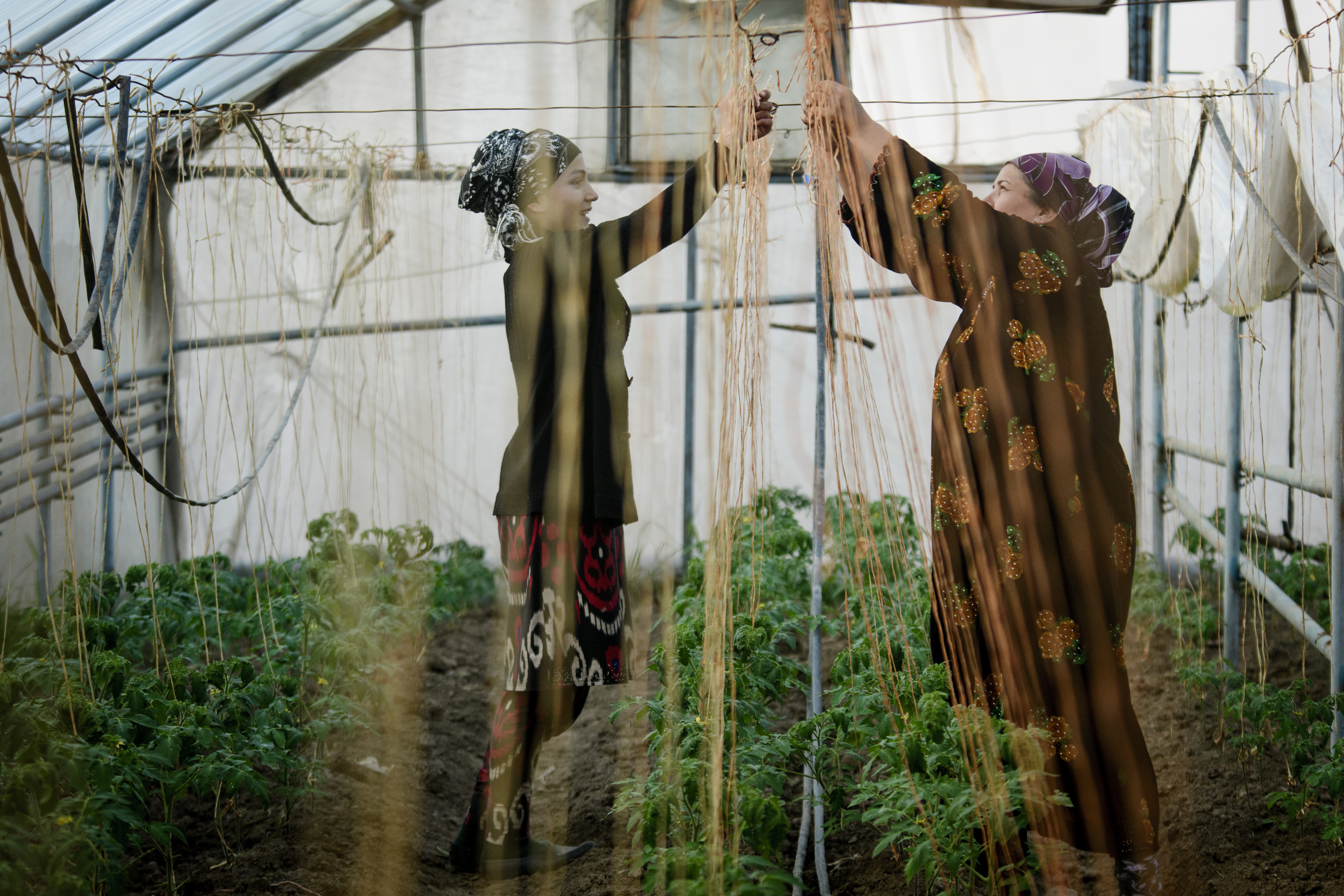
Responding to COVID-19
When provided with the right tools and resources, smallholder farmers can respond with remarkable speed and flexibility in times of crisis. When COVID-19 hit, GAFSP quickly provided additional financing to ongoing projects so that smallholders, countries, and agribusinesses were able to respond. For instance, smallholders were able to access personal protective equipment and agricultural inputs, receive training on post-harvest techniques, and gain better access to local and national markets.
The GAFSP Private Sector Window accelerated efforts to support many agribusiness clients that struggled to maintain their operations when lockdowns coincided with harvesting periods, wiping out revenue. GAFSP also supported clients with restructuring, working capital, and short-term funding to help them stay afloat. As COVID-19 pressures exacerbated some of the weaknesses in the agribusiness ecosystem, GAFSP provided advisory support to clients who were forced to reconfigure their operations. Clients increasingly needed hands-on support to digitize supply chains, and while they may have anticipated the need before the pandemic, COVID-19 highlighted the urgency and sped up the timeframe.
Recognizing that more was needed to support COVID-19 response and recovery efforts, in 2021, GAFSP allocated US$121 million in large grants to nine countries and, for the first time, nearly US$30 million in small-scale grants to producer organizations in 12 countries. This new funding will help strengthen sustainable, inclusive, and resilient food systems in response to rising food insecurity linked to COVID-19, climate change, and increasing conflict.
Project Story
Bangladesh
UN Food and Agriculture Organization (FAO) Increasing Access to Finance for Farmers’ Organizations in BangladeshWhen COVID-19 hit Bangladesh, Rita Brommo was concerned about how the global pandemic would impact her farming community. In addition to the health concerns, there was anxiety about hunger and the ability to generate income. Without being able to move around to sell produce, how would she and other farmers be able to earn enough money to put food on the table?
Before the pandemic, the Sara Bangla Krishak Society (SBKS), a national network of 55 farmers’ organizations, of which Rita is a member, had already received GAFSP funding, reaching more than 10,000 people across Bangladesh, more than half of them women. The pilot project linked farmers directly with new, profitable market opportunities and provided a grant of US$15,000–20,000 to farmers’ organizations to develop sustainable enterprises, providing technical expertise and business development training.
As a result of GAFSP’s long-term funding, farmers’ organizations in Bangladesh were more prepared when the pandemic hit. SBKS responded by setting up 57 virtual call centers, equipping farmers with information to respond to the crisis. Through the virtual call centers, SBKS received up to 200 calls per day. Equipped with the phone numbers of partners across the agricultural value chain, they matched buyers with sellers and managed delivery of materials farmers may need to keep up farm production, like seeds or fertilizer. Society also has a network of rickshaw drivers who safely delivered items or picked up produce.
In reflecting on this experience, Rita said: “I want to say only one thing to the farmers: us be united first. Then there will be more hands to lend, and we will have more power. With more power, we can face any challenge that comes.
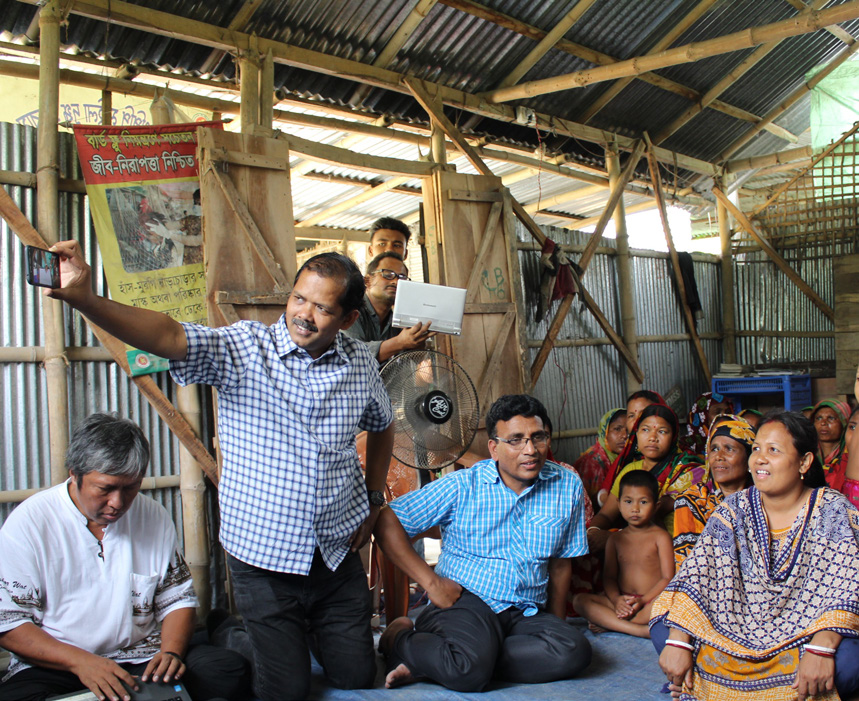
I want to say only one thing to the farmers: let’s be united first. Then there will be more hands to lend, and we will have more power. With more power, we can face any challenge that comes.
As of July 2021, farmers placed more than 70,000 calls to sell products worth US$790,000, more than 34,000 calls to buy inputs valued at US$129,000, and more than 24,000 calls to request technical advice. Throughout the SBKS network, producers have benefited through digital innovation, with farmers now earning more than they did before the pandemic. They have saved time going to the market and their products from going to waste. They also minimized their interaction with other people, reducing the impact of COVID-19 health risks.
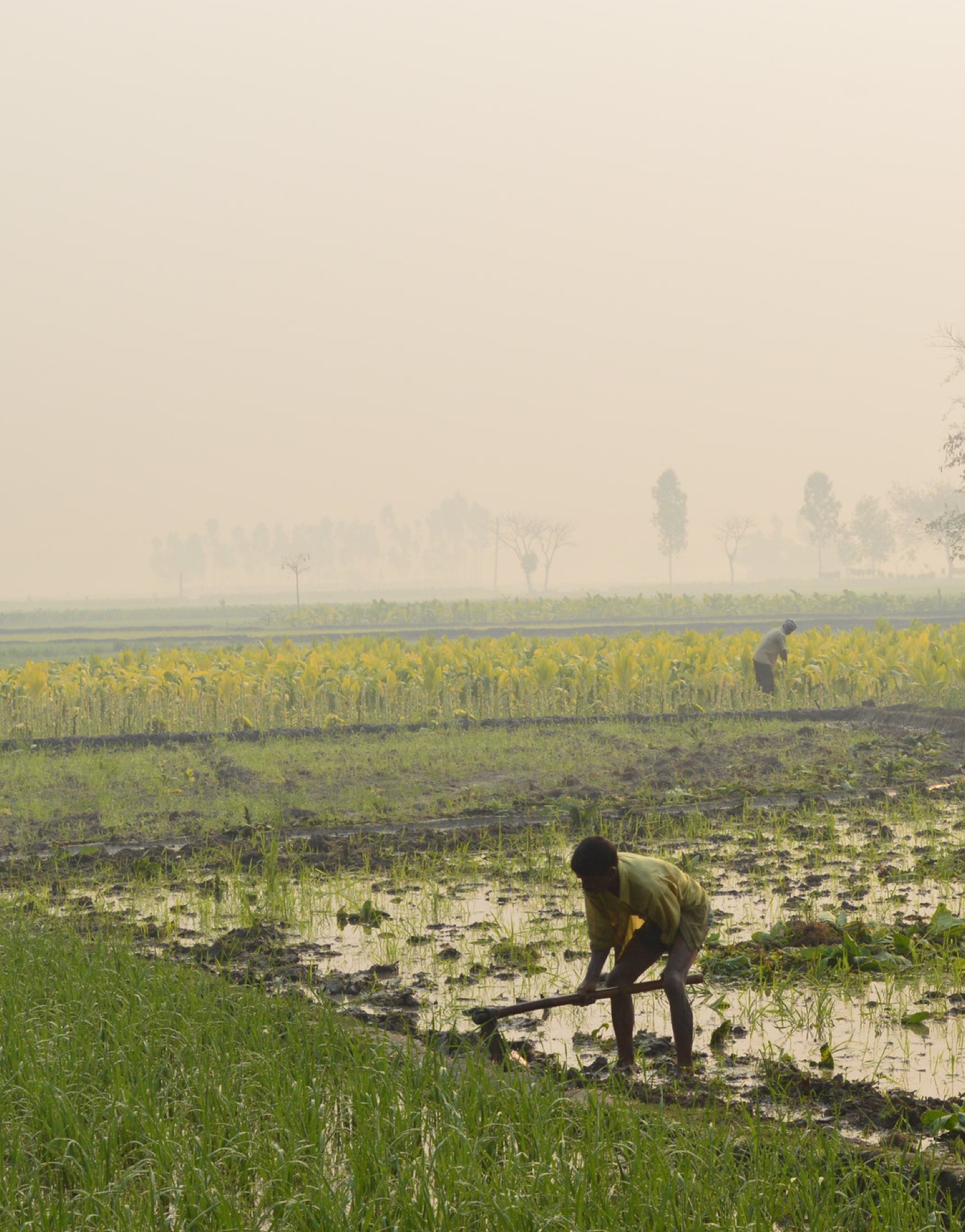
Focusing on Climate Action
Nearly 80 percent of the world’s poor live in rural areas and heavily rely on agriculture for their food security and livelihoods. Climate change and variability disproportionately affect smallholder farmers. Many see firsthand the impacts of extreme weather events (such as storms and heatwaves) and slow-moving events (such as soil erosion, rising temperatures, and changes in water supply) that have caused a decline in agricultural productivity, the nutritional value of crops, food security, and livelihoods.
GAFSP funds climate-resilient interventions, such as preserving agrobiodiversity, improving water resource management, and reducing post-harvest losses, that help smallholders, countries, and agribusinesses proactively adapt to changing circumstances and build long-term climate resilience. As of December 2021, close to half of GAFSP’s public sector funding (48 percent, US$563 million) supported climate co-benefits through either adaptation or mitigation activities.
Countries’ national goals on climate drive interventions. Partners choose which interventions are best suited to their situations, with nearly all eligible countries including climate-resilient agriculture, particularly climate adaptation, as a priority sector. This is reflected in the fact that about 65 percent of public sector projects have elements that contribute to climate change co-benefits. Also, all projects since 2017 have included climate adaptation and/or mitigation co-benefit components, such as resilient seed varieties, more-efficient irrigation, drought-resistant mulching, and increased intercropping.
Project Story
Zambia
African Development Bank (AfDB) Agriculture Productivity and Market Enhancement ProjectCassava is the second-most important source of carbohydrates in sub-Saharan African after maize and an important industrial crop. Due to its resilient nature, cassava grows better than other food crops, like maize, beans, or millet, in hot temperatures with little water. Yet in Zambia, supplies are low, with low-quality planting materials leading to dwindling yields and pest and disease infestations.
Supported by GAFSP and the African Development Bank’s flagship Technologies for African Agriculture (TAAT) program, the US$34.87 million Agriculture Productivity and Market Enhancement Project (APMEP) brings together the government, private sector, and researchers to bring quality cassava seed and commercial technology to add value to cassava and boost farmer incomes, among other outcomes.
According to Sylvester Mwanza, APMEP Coordinator: “This technology is going to help strengthen the seed system in Zambia as many industries that are constructed by the private sector want to use cassava for the production of ethanol,
This technology is going to help strengthen the seed system in Zambia as many industries that are constructed by the private sector want to use cassava for the production of ethanol, starch, and animal feed in future.
starch, and animal feed in future.” Mwanza also emphasized the need to focus on opportunities for job creation among youth.
APMEP also strengthens smallholder farmers’ climate resilience through a range of irrigation and water management practices, promoting traditional agronomic techniques, such as on-farm water management and livestock management. For example, the project has supported aquaculture development by delivering training, fish cages, and pens to more than 600 fish farmers and distributing more than 2.5 million fingerlings to address regular fish farming from lakes and rivers.
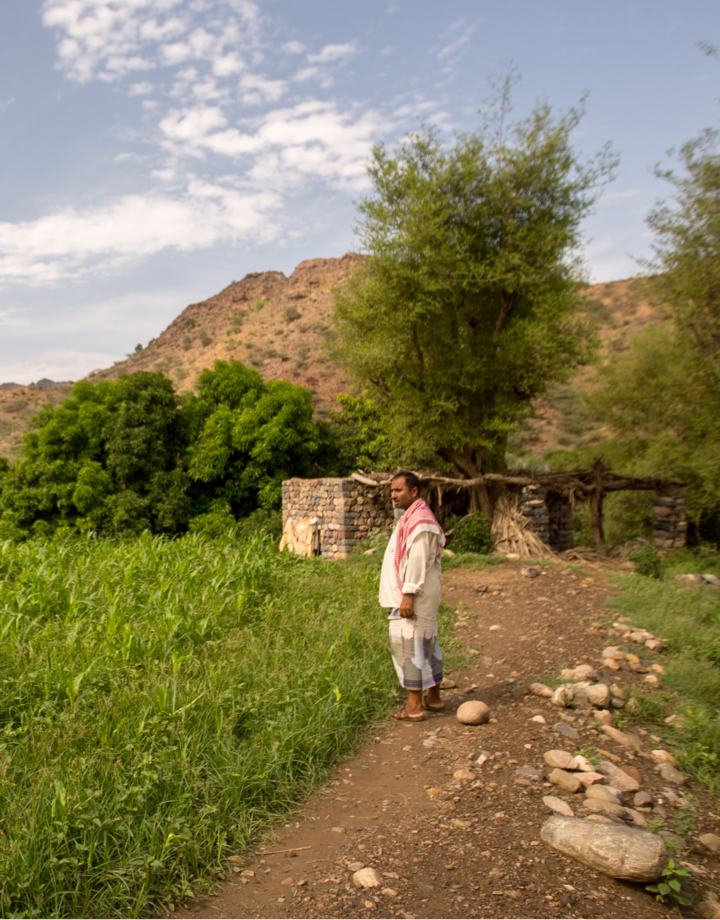
Investing in the Most Challenging Situations
Ongoing shocks and stresses are felt acutely in countries that are significantly or exclusively dependent on food imports, many of which are affected by fragility, conflict, and violence. While humanitarian response is critical during crises, it is never a long-term solution for these countries. Evidence suggests that many conflict situations can last for decades, requiring medium- and long-term development responses.
GAFSP invests in these responses by providing financing and technical assistance to farmers and countries, while building on private sector investment in these hard-to-reach markets, to ensure medium- to long-term resilience. As of December 2021, GAFSP has provided more than USD 597 million in grant funding to 25 countries affected by fragility, conflict, and violence, in addition to more than US$103 million USD in financing to private agribusinesses in IDA (International Development Association) countries, totally USD$700 million in both public and private support in 28 countries.
Working in these contexts can be challenging and projects can be slow getting off the ground. Countries and partners are currently preparing projects from the 2019 Special Call for Proposals targeting countries affected by fragility, conflict, and violence. As part of this call, GAFSP set up a dedicated advisory services program within the Private Sector Window to work together with these new public sector projects, ensuring collaborative public-private partnerships leading to aligned and effective initiatives.
Project Story
Haiti
International Finance Corporation (IFC) Haiti Horticulture ProjectHaiti is among the poorest countries in the world, with a poverty rate of roughly 60 percent – most of whom live in rural areas. The country faces a regular onslaught of natural disasters, coupled with civil unrest, political instability and increasing violence and fragility.
And yet in the rural community of Kenscoff, the vegetable plots are booming. There are strawberries, green peppers, cucumbers, and lettuce. This bounty of fresh food and colors is tended by local producers and a team from the farming association Solidarite Haïtienne pour le Développement Rural de Kenscoff (SOHADERK), part of the IFC Haiti Horticulture Project. Fadia Léveillé is the only female trainer of farmers (or agronomist) on demonstration plots in SOHADERK, a farming association supporting Haitian smallholder farmers. She guides farmers to enhance horticultural productivity in the rural community of Kenscoff, near the capital, Port-au-Prince, where Haitian women play a vital role in the sector.
SOHADERK established and managed demonstration lots, mobilizing their member- farmers for training and ensuring best practices from the different trainings applied on the field. They also made sure that farmers have access to high quality inputs (such as seeds and organic fertilizer).
Said Fadia: “As far as I remember, I have always been surrounded by crops. My father is a farmer, and I developed a passion for agriculture working on the family farm. Haiti’s economy relies on agriculture, as so do my people. That is why I decided to become an agronomist. I want to professionalize the local business and contribute to advance this sector in my hometown.”
I want to professionalize the local business and contribute to advance this sector in my hometown.
The IFC Haiti Horticulture Project, supported by IFC’s expertise and GAFSP’s Private Sector Window and delivered through Haitian firm Papyrus, aims to strengthen the horticulture supply chain by establishing contracts with local buyers and anchoring the demand in Kenscoff (Port-au-Prince) and Ouanaminthe (Northeast region). Farmers receive training in good agricultural practices and soil and water management to sell their products directly to these cities, while minimizing post-harvest losses and food safety risks and guaranteeing market prices.
Despite extreme weather events and a volatile socio-political situation in the country, the project has managed to strengthen the resilience of smallholder farmers. To date, the project has trained more than 600 local farmers, leading to significant increases in SOHADERK members’ horticultural production compared to the national average. For example, lettuce and cucumber demonstration plot yields were 10 times higher than the national average (lettuce at 10t/ha and cucumber at 15t/ha). As one participating farmer noted, “The training was very good. Fadia walked us through the methods to prepare the land and manage water to improve our productivity and showed us how to manage our crops better. I am grateful for all her advice.”
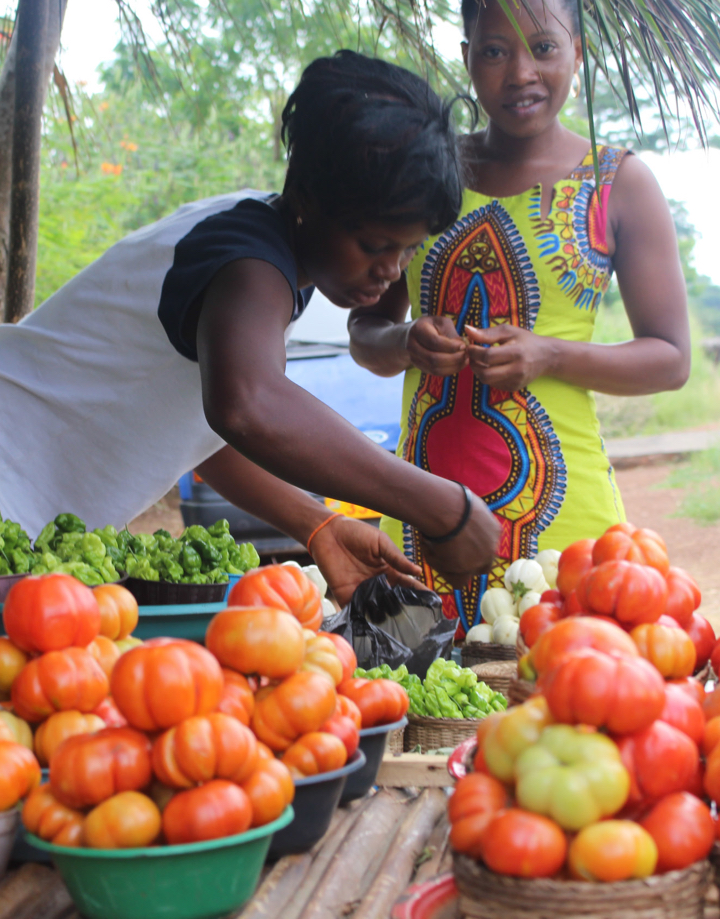
Ensuring Food and Nutrition Security
Global hunger has been on the rise since 2014, and 720–811 million people faced hunger in 2020. In addition, the Ukraine crisis push up to an estimated 12 million additional people into hunger worldwide. Even before the outbreak of COVID-19 and the war in Ukraine, the world was not on track to meet targets under SDG2 (Sustainable Development Goal 2) for eliminating hunger and malnutrition.
Evidence has shown that GAFSP investments help reduce food insecurity. For example, in Honduras, survey results show that between 2017 and 2019, dietary diversity in children under five years of age increased significantly. Women and young children started eating more cereals, legumes, eggs and dairy – moving from three to four food groups daily. This had positive effects for early childhood growth and better health. Over 3,000 children under two years of age participated in the growth monitoring and promotion program, while community nutrition plans and household hygiene plans increased nutritional awareness.
As of December 2021, close to 60 percent of GAFSP’s public sector projects include nutrition-related activities, providing US$193 million in support. Nutrition-sensitive agriculture activities account for about three-quarters of the Program’s nutrition-related spending, including promoting nutritionally rich foods, dietary diversity, and biofortified crops. About one-quarter goes to nutrition-specific activities, such as distributing micronutrient supplements, implementing behavioral change campaigns, and improving household sanitation and hygiene.
Project Story
Bhutan
World Bank Food Security and Agriculture Productivity ProjectAt first glance, Bhutan’s mountainous and rugged green hills seem lush, but water is a scarce commodity in the surrounding villages. And, despite a rich cuisine packed with spices, from cardamom to ginger and chilies, these spices, and other crops, like rice, maize, potato, vegetables, and quinoa, are hard to grow in the stark mountainous terrain and peaks.
Bhutan’s Food Security and Agriculture Productivity Project (FSAPP), implemented by the Department of Agriculture of Bhutan with support from the World Bank, has helped 6,500 people increase the quality and quantity of produce, such as rice, maize, potato, vegetables, quinoa, citrus, apples, and potatoes, as well as high-value spices, such as large cardamom and ginger. Project interventions even led to some commodities, like chili, that are traditional to Bhutanese diets but have not been farmed before being cultivated successfully for the first time.
Damber Singh, Ministry of Agriculture extension supervisor said: “A prominent benefit has been linking farmers with schools to supply their produce directly, by forming marketing groups in the community, [and] training and supporting group members with vegetable seeds and seedlings. Individuals have had the chance to eat diverse food and improve their nutritional awareness, and the academic performance of students has improved significantly as they take diverse vegetables in their diets. Some youths have taken up farming, preventing their migration from rural and urban areas.”
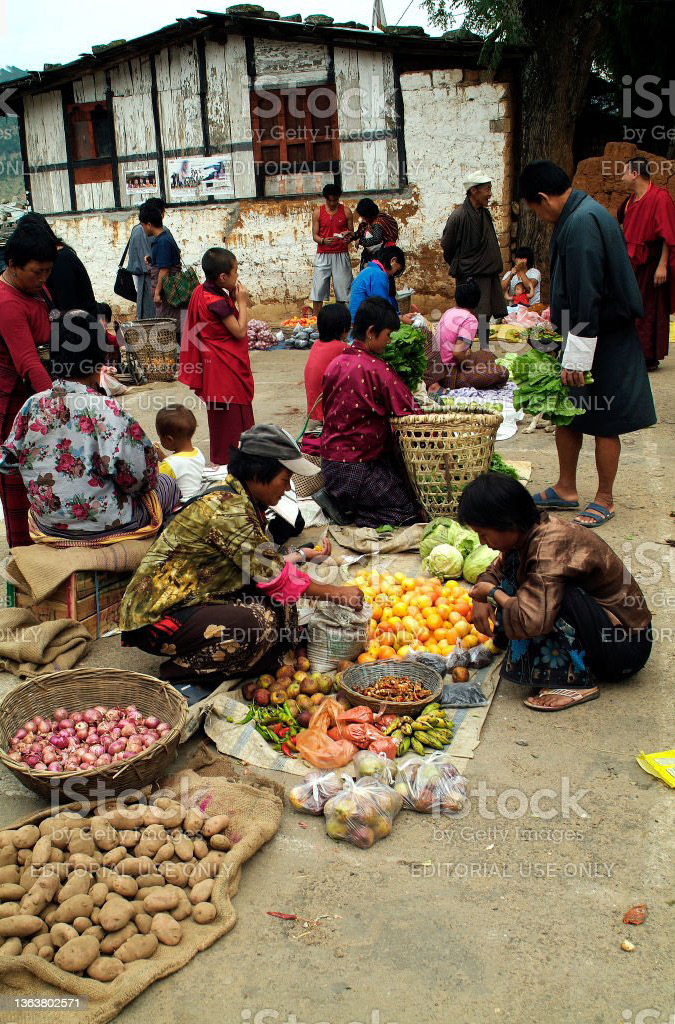
Academic performance of students has improved significantly as they take diverse vegetables in their diets.

Strengthening Livelihoods
Globally, an estimated 65 percent of poor working adults make a living through agriculture. The sector has the potential to create jobs and increase incomes by raising agricultural productivity, linking farmers to markets, and improving non-farm rural livelihoods. GAFSP has been tracking job creation since 2017 and found that 14 public sector projects created more than 265,000 direct employment opportunities, 40 percent of which went to women.
Promoting income generation is one of GAFSP’s priority areas. In Bangladesh, income levels for crop farmers increased by 15 percent and for fishermen and women by 37 percent over two years. In Cambodia, the monthly household income increased by 85 percent, compared to only 35 percent in non-project households. In Haiti, agroforestry packages led to a 37 percent income increase for farmers. And, in Liberia, farmers saw a 23 percent income gain.
Project Story
Mali
International Fund for Agricultural Development (IFAD) Inclusion of Rural Youth in Poultry and Aquaculture Value Chains in MaliAcross the Sahel, conflict and violence has intensified at the same time as drought and rising temperatures are undermining food production and agricultural productivity. Land available to pastoralists, who traditionally roam for pasture, is shrinking, leading to conflict. Within this context, young people are increasingly caught between violence and a lack of opportunity for meaningful employment
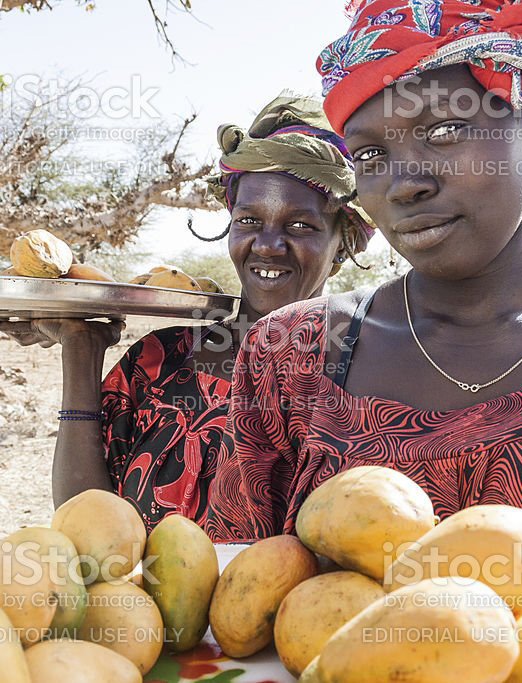
The GAFSP-funded pilot project, Inclusion of Rural Youth in Poultry and Aquaculture Value Chains in Mali, works with the International Fund for Agricultural Development (IFAD) and the National Coordination Agency for Farmers’ Organizations (CNOP) in Mali to support rural youth in creating income-generating activities that foster food and nutrition security. “We know that more than 180,000 youth per year are looking for jobs in Mali,” said Lamine Coulibaly of CNOP and Monitoring and Evaluations coordinator for the project, “One major challenge we have is keeping young farmers in rural areas to create employment. Some want to leave agricultural settings to go to the cities, but others just want to have the opportunity to make their own income. As a farmers’ organization, we propose simple activities that youth can do, to allow them to stay in their communities and continue to work and find resources, to benefit themselves and their families.”
The project focuses on two sectors – poultry and aquaculture – as they provide the opportunity to generate income and profit in rural areas. So far, 179 producer organizations have been supported to set up businesses and have already received funding, with another 800 organizations awaiting funding. The young entrepreneurs have been provided with technical training, including how to set up an organization, and how to manage the finances for poultry and fish farming value-chains.
One major challenge we have is keeping young farmers in rural areas to create employment.

Promoting Gender-Sensitive Farming
Women play a central role in agriculture and food systems, yet they remain more at risk of being food insecure than men. The compounding crises of climate change, the global pandemic, political instability, and conflict have further exacerbated this inequality. GAFSP works to empower women, improve their livelihoods, and strengthen their resilience, by investing in projects that strengthen the resilience of smallholder farmers, including women and youth.
GAFSP’s projects support a range of gender-sensitive practices related to agricultural technology, extension, and input interventions. As a result, as of December 2021, projects have provided agricultural support to 6.6 million women, more than 40 percent of all people reached. And, almost all GAFSP public investment projects (90 percent) incorporate best practices for gender mainstreaming, including gender analysis during preparation, inclusion of gender actions, and gender-disaggregated monitoring and evaluation.
Project Story
Lao People’s Democratic Republic
International Fund for Agricultural Development (IFAD) and World Food Programme (WFP) Agriculture for Nutrition ProgrammeMo Ya, a 35-year-old mother of four from the Hmong ethnic community in northern Lao People’s Democratic Republic (Laos), moved to a new village once she married. For as long as she could remember, she had raised goats for a living. But in her new surroundings in the mountainous Xieng Khouang province, raising cattle was much more popular. With little understanding of cattle-raising and few learning opportunities, she thought she would have to rethink income options.
Then, in 2017, Mo Ya heard about the Agriculture for Nutrition Programme (AFN), a US$38.8 million GAFSP-funded project supported by IFAD and WFP and implemented with the Government of Laos. The project reached 400 villages in 12 districts across the country to improve climate-resilient agriculture, household nutrition, and income-generating opportunities. Mo Ya joined a group training to learn new skills, including how smaller livestock, such as goats, can provide more- sustainable livelihoods and incur less risk than larger livestock. As a result, she now has a flock of 30 goats and has earned more than US$800, re-investing her income into school fees and a new goat enclosure and building household savings for emergencies.
Shared Mo Ya, “I now earn money, contribute to my household income, and pay for certain things. In a way, this has also helped me develop a stronger relationship with my husband.”
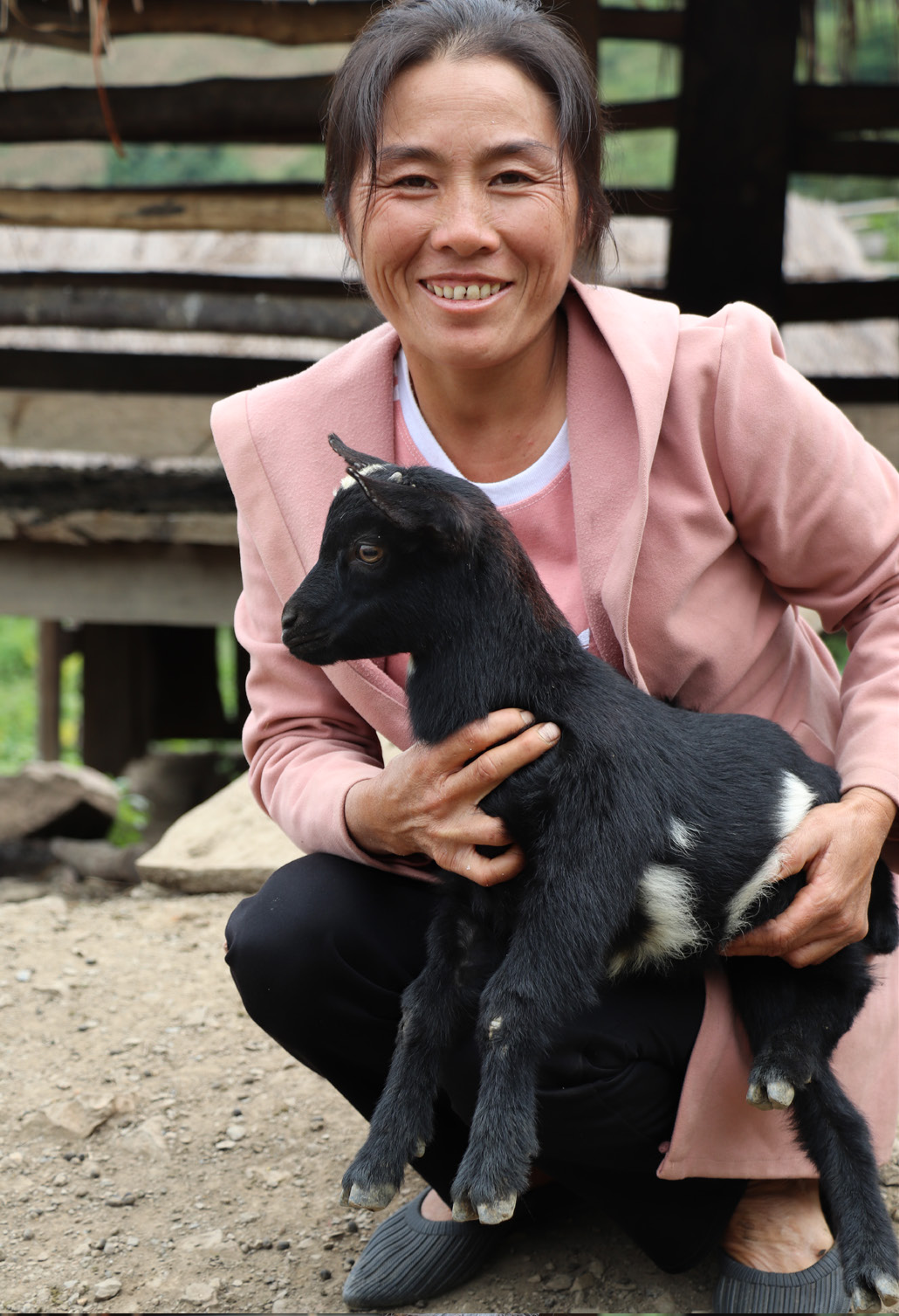
Academic performance of students has improved significantly as they take diverse vegetables in their diets.

